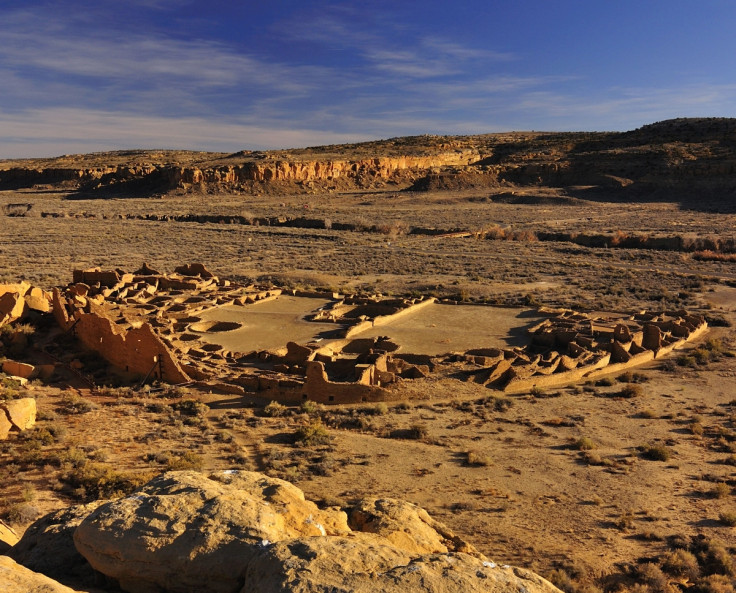Massive Baby Boom in America 1,500 Years Ago 'a Warning Sign of Overpopulation'

A massive baby boom in North America 1,500 years ago should serve as a warning to modern man about the dangers of overpopulation, researchers have said.
Scientists have discovered there was a massive growth in population among Native Americans between 500 and 1300 AD.
Published in the Proceedings of the National Academy of Sciences, the scientists found that the boom came at a time when early signs of civilisation led to an increase in birth rates that "exceeded the highest in the world today".
Researchers looked at thousands of human remains from hundreds of sites in the Four Corners region of the Southwest US.
This allowed researchers to create a detailed look at the area's Neolithic demography, with stone tools showing a shift in agriculture from meat to grain. However, findings also showed that there was a huge fall in population, probably because there was not enough food.
Researcher Tim Kohler, from Washington State University, said: "We can learn lessons from these people."
Corn was grown in the area studied as early as 2000 BC, however populations were slow to respond at first. About 400 BC, corn consumption began to increase and rose steadily until about 500 AD.
From about 900 AD, however, populations began to fluctuate following one of the worst droughts in the area's history in the mid-1100s.
Researchers believe the area hit its populations capacity and remained high as a result of conflict: "They didn't slow down—birth rates were expanding right up to the depopulation," Kohler said. "Why not limit growth? Maybe groups needed to be big to protect their villages and fields."
However, this was a "trap", Kohler said, and within 30 years the northern area of the Southwest went from having a population of 40,000 to virtually nothing.
The researchers believe the population grew too big to feed itself and people began to leave. Maintaining a society would have become impossible, and the area was left empty – a warning Kohler says can be reflected in modern societies.
"It's the first step towards all the trappings of civilisation that we currently see."
© Copyright IBTimes 2024. All rights reserved.






